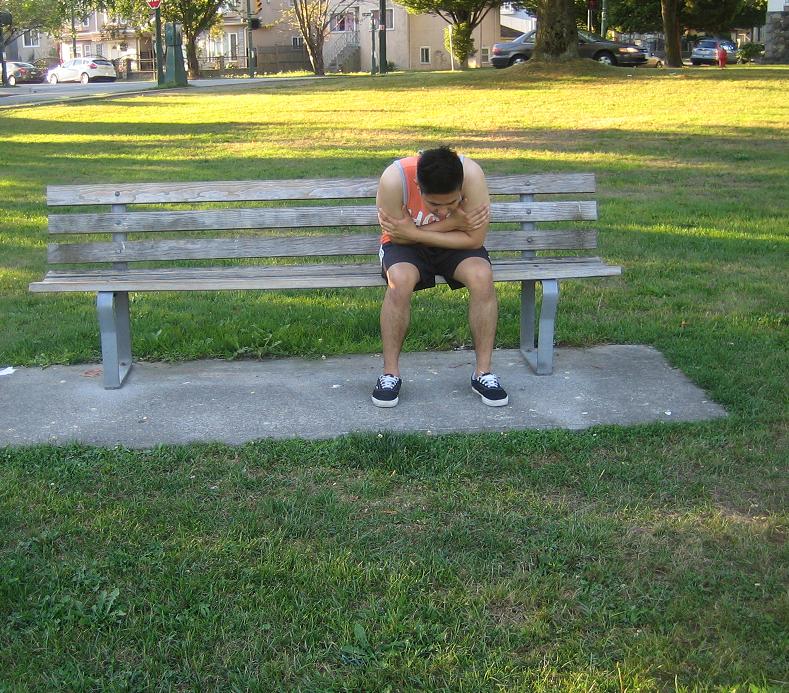Post-concussion syndrome is characterized by lingering symptoms after a concussion or mild traumatic brain injury (TBI). This is usually diagnosed once an individual who recently endured a head injury continues to experience at least 3 of the chief symptoms after a concussion such as fatigue, dizziness and headaches.
It is important to note that post-concussion syndrome might start within days after the head injury. It can oftentimes take up to weeks for the symptoms to manifest.
What are the possible causes?
Concussions are likely to occur after a fall, vehicular accident, assault or sustaining a direct blow to the head during contact sports. It is still uncertain why some individuals develop post-concussion syndrome and others do not.
Remember that the severity of a concussion or TBI has a role in the likelihood for developing post-concussion syndrome.
Risk factors

Any individual who recently sustained a concussion faces a risk for post-concussion syndrome. An individual is likely to end up with the condition if over 40 years old. In addition, women are likely to develop post-concussion syndrome but the reason for this is that women are likely to seek medical attention.
Various symptoms somewhat mirror those linked with anxiety, depression and post-traumatic stress disorder (PSTD). It is believed that individuals who have current psychiatric diseases are likely to end up with post-concussion syndrome after sustaining a concussion.
Indications of post-concussion syndrome
After sustaining a TBI, the doctor might diagnose post-concussion syndrome with the presence of at least 3 of the following symptoms:
- Dizziness
- Headache
- Fatigue
- Vertigo
- Sleeping issues
- Memory issues
- Difficulty concentrating
- Restlessness
- Insomnia
- Irritability
- Depression
- Apathy
- Anxiety
- Light and noise sensitivity
- Personality changes
There is no specific test that is used to diagnose post-concussion syndrome since the symptoms tend to vary for every individual. The doctor might require an MRI or CT scan to ensure that there are no significant brain irregularities.
Management
There is no single treatment available for post-concussion syndrome. The doctor will manage the symptoms that are specific to an individual with the condition. Once an individual experiences depression and anxiety, he/she might be referred to a psychiatrist for treatment. Additionally, cognitive therapy might be required if memory issues are present.
Medications
The doctor will prescribe drugs such as amitriptyline to alleviate the irritability, dizziness and depressive symptoms. Antidepressants and/or anti-anxiety medications can be given to manage anxiety, depression and headaches.
Prevention
The exact cause of post-concussion syndrome after a concussion are still vague. The only way to thwart post-concussion syndrome is to avoid head injuries in the first place.
Using a seatbelt while in a vehicle and donning a helmet while using a bicycle or playing sports will prevent head injuries.

